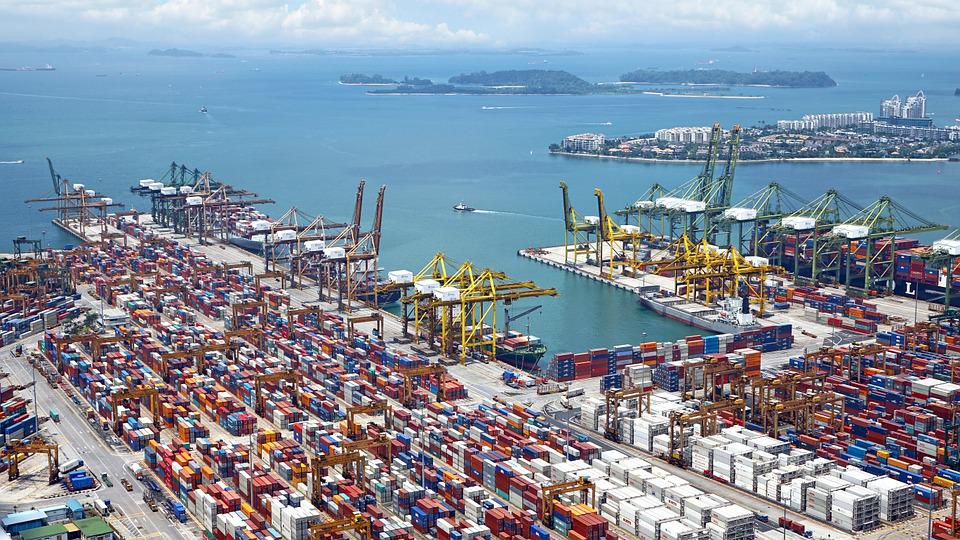



Article by: Hari Yellina
The global shipping congestion is threatening to turn into a multi-year tale as fresh Chinese lockdowns stifle trade at some of the world’s busiest ports. Shanghai, China’s largest metropolis and home to the world’s busiest container port, is under lockdown as officials battle just another outbreak of COVID-19. An increasing number of cargo ships sit idle off the shore, preparing to make landfall and unload. Paul Zalai, director of the Freight and Trade Alliance and secretary of the Australian Peak Shippers Association, claimed trade had already been tied up before China’s lockdown. “There is still a lot of congestion in ports all over the world… China is one, but multiple container ships are still stranded off the coast of the United States “Mr. Zalai explained. “We witnessed that last year when [the Ever Given] stopped the Suez Canal, but it pales in comparison to the challenges that we’ve been seeing now.”
Due to the compact size and lack of domestic shipping, Australia has found itself in the firing line. Mr Zalai claimed that Australia was yet to suffer the effects of the prospective damage. “We’re lucky they’re still servicing us,” he remarked, noting that “every container shipping company supplying Australia is foreign-owned.” They’re business entities, and their goal is to maximise the value of their assets. The shipping lines have actually benefited from all of this; after years of struggle, they’re now making up for lost time and posting multibillion-dollar gains.” He predicted that as backlogs developed, businesses would be forced to make difficult business decisions. “We’re seeing shipping companies change on the go because they don’t want their vessels to lie idle, which isn’t helping anyone. “Of course, trade is two-way, so our area exporters will also feel the squeeze.”
Shanghai is not just a global economic hub, but it is also one of the world’s most important ports for the Australian wool trade. Josh Lamb, president of the Australian Council of Wool Exporters and Processors, said the issue was more than just wool stuck on ships. “When wool is sent out of Australia, it is paid for in full when it arrives in China. So, it’s not our problem if it’s stuck on a ship outside of Shanghai “Mr. Lamb explained. “What it does is it affects the mills to whom we sell our wool, and it impacts their cash flow, so we won’t be able to do new business with those clients until the wool arrives.”
He said the business had been battling with “logistics challenges” for some time and that “some respite” would occur in 2023 before the latest snafu. Mr Lamb said, “We’re now hearing it could be 2024 [until that relief].” “We predict problems in Australia later on, where ships will have to avoid Australia just to catch up, and we could be collateral damage in that case.”